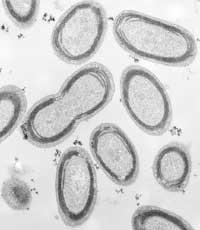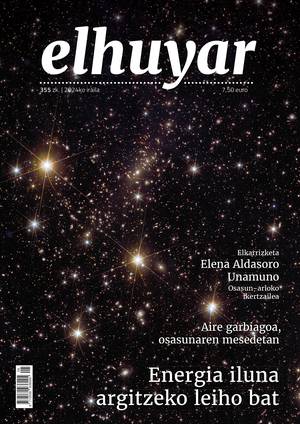DNA sequences of the most abundant marine bacteria

Sequenced by the DNA of Prochlorococcus marinus and Synechococcus. They are cyanobacteria and, in addition to being the most abundant marine bacteria, perform more than half of the oceanic photosynthesis, so it is estimated that they will help to better understand the global carbon cycle.
P. marinus is the most abundant bacteria that adapts more easily to changes in the environment. They have seen that it has a short DNA chain, composed of approximately 1,700 genes, so it does not need a complex biology to change with the environment.
Synechococcus has a longer chain, with about 2,500 genes. And in addition to receiving carbon dioxide through photosynthesis, it contains enzymes that break down nickel and cobalt.





